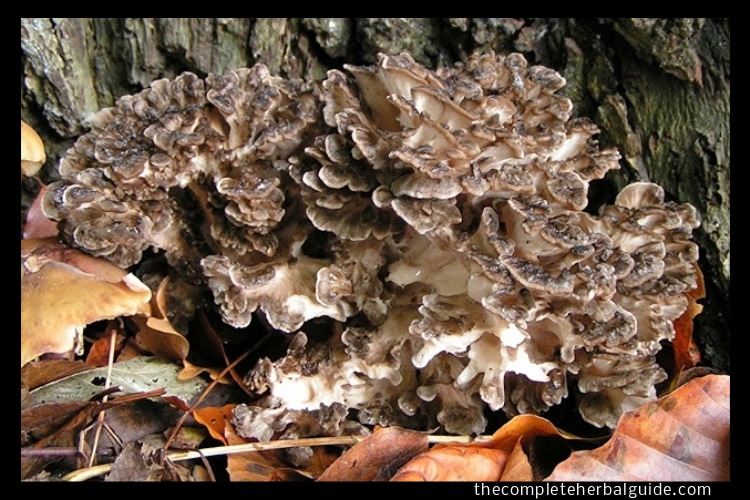
Evening Primrose Herb: Medicinal Uses and Benefits
Evening primrose herb has a long tradition of relieving coughs, asthma, gastrointestinal difficulties, and menstrual complaints, but recent medical research reveals an anti-clotting factor in Evening Primrose that may help in the prevention of heart attacks caused by thrombosis, as well as gamma-linolenic acids that will significantly reduce blood pressure and promote overall good health.
Table of Contents
Plant Description
As night falls and the moon rises, the Evening Primrose blooms, and a lemon-scented fragrance radiates from its yellow petals. By daybreak, the flowers fade and await the new blossoms that will bloom the next evening.
Evening Primrose is a hardy, erect biennial herb that thrives in dry soil and may reach a height of six feet. During its second year, showy yellow flowers appear and bloom in diminished light or in the darkness, and in optimum conditions, this ornamental plant will self-seed.
History
Evening Primrose is a North American native that grows in dry meadows from Canada to Texas and east of the Rockies to the Atlantic. It was brought to Europe in the seventeenth century, where it continues to be used in herbal medicine.
The entire plant is edible, and it was once a popular food for North American Indians who also used it as a painkiller and as an asthma treatment. The oil derived from the seeds contains…
- rare gamma-linolenic acid
- mucilage, tannin
- lignin
- amino acids
- calcium
- iron
- magnesium
- manganese
- phosphorus
- potassium
- zinc
- essential fatty acids
- B-vitamins
- vitamin E
Medical Uses of the Primrose Herb
Evening Primrose possesses a high content of the rare gamma-linolenic acid (GLA) that appears to produce a host of beneficial effects. GLA is an unsaturated fatty acid that assists in the production of prostaglandins, the hormones necessary for many important bodily functions.
GLA helps the body produce energy and forms part of the structural fats that comprise the brain, muscle, bone marrow, and cell membranes.
For the promotion of cardiovascular health, the prostaglandins formed by GLA in Evening Primrose are said to have anti-coagulating properties that dilate the blood vessels and reduce the blocking of blood vessels by a blood clot, thereby helping to prevent heart attacks and strokes.
In addition, GLA is said to lower levels of cholesterol and blood pressure, further reducing the possibility of heart disease and stroke. The increased blood circulation properties in Evening Primrose are also thought to be beneficial in cases of Raynaud’s syndrome.
GLA plays a crucial role in the health of the brain and nervous system, and Evening Primrose has been recommended as a supportive treatment for multiple sclerosis and other degenerative diseases. Gamma-linolenic acid deficiency is said to be associated with many health problems.
Those with premenstrual syndrome, diabetes, scleroderma, Sjogren’s syndrome, eczema, and other skin conditions may have a metabolic block that interferes with the body’s ability to make GLA. In preliminary research, supplementation with Evening Primrose has helped people with these conditions.
Certain disorders or diseases may block the body’s ability to make gamma-linolenic acid (GLA), and Evening Primrose oil can supplement that deficiency, which in turn should help to ease the conditions that block the conversions in the first place.
Some of these ailments include blood sugar problems, chronic inflammatory disorders, nutrient deficiencies and the metabolizing of hydrogenated oils and fats, as well as many other problems that may be helped by a better balance of fatty acids in the body; therefore, people with deficiencies would presumably benefit from supplemental GLA intake from Evening Primrose.
Evening Primrose has been used as a traditional supplement for its stimulating effects on the liver, spleen, and digestive apparatus and is said to help gastric irritation, irritable bladder, chronic diarrhea, and fatty acid problems.
In modern herbal medicine, the mucilage in Evening Primrose is used in cough remedies to help inhibit coughing, whooping cough, and to help relieve cold symptoms.
Evening Primrose is considered an antispasmodic that helps to alleviate spasmodic asthma and menstrual cramps. In treating female problems, Evening Primrose acts as a natural estrogen promoter and therefore can help to relieve heavy bleeding, headache, breast tenderness, and bloating.
This is also said to have favorable effects when used for menopausal discomforts, such as hot flashes.
In some studies, Evening Primrose was thought to help treat schizophrenia, depression, and premenstrual syndrome, especially when related to mood swings. Research continues into treatments for anorexia nervosa, hyperactivity, alcoholism, and chronic anxiety. There is evidence that alcoholics may be deficient in GLA, and a double-blind study suggested that alcohol withdrawal may be facilitated with Evening Primrose supplementation.
Evening Primrose is an anti-inflammatory that has been used topically to soothe skin eruptions and is an astringent for healing wounds. In 1982, the British medical journal, Lancet, noted that Evening Primrose might be of help to people who suffer from rosacea, atopic eczema, psoriasis, skin rashes, or eczema due to allergy.
Precautions
Pregnant women should not use Evening Primrose, and excessive use may result in oily skin, an indication to decrease the dosage. Because of its blood-thinning properties, Evening Primrose should be avoided by those who are taking prescription blood thinners (aspirin, clopidogrel (Plavix), ticlopidine (Ticlid), warfarin (Coumadin(R), enoxaparin (Lovenox).
Evening Primrose may exacerbate symptoms of temporal lobe epilepsy and should be avoided by those being treated for seizure disorders: phenytoin (Dilantin), valproic acid (Depakote, Depakene), carbamazepine (Tegretol), gabapentin (Neurontin), lamotrigine (Lamictal).
Do not take Evening Primrose if you are taking medication for mental conditions (examples: chlorpromazine (Thorazine), thioridazine (Mellaril), perphenazine (Trilafon). Some experts suggest that magnesium, zinc, vitamin C, niacin, and vitamin B-6 should be taken along with this herb.






